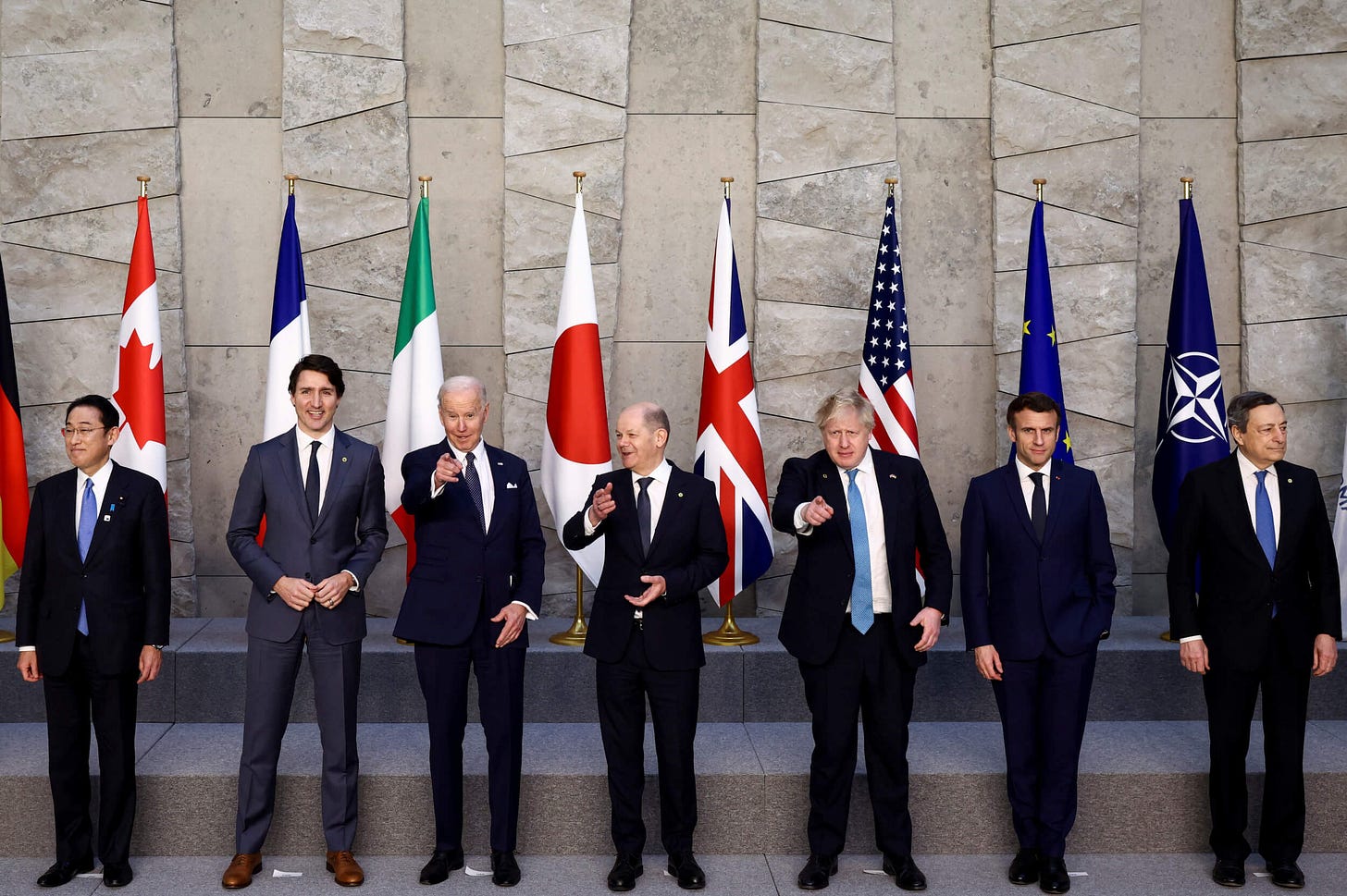The Great Disarray of Western Politicians in Front of the Multiple Challenges of the Next World.
One positive note, however, is that humanity has been through much worse, and has always come through.
More and more people agree that we have entered a “post-liberal” world. States are back, they have to plan the ecological transition, invest billions, monetary policy has to switch to austerity, trade has to ensure the security of supply and not just price, consumers have to learn frugality, and even children's video games have to be limited.
But what ar…
Keep reading with a 7-day free trial
Subscribe to Sylvain Saurel’s Newsletter to keep reading this post and get 7 days of free access to the full post archives.




